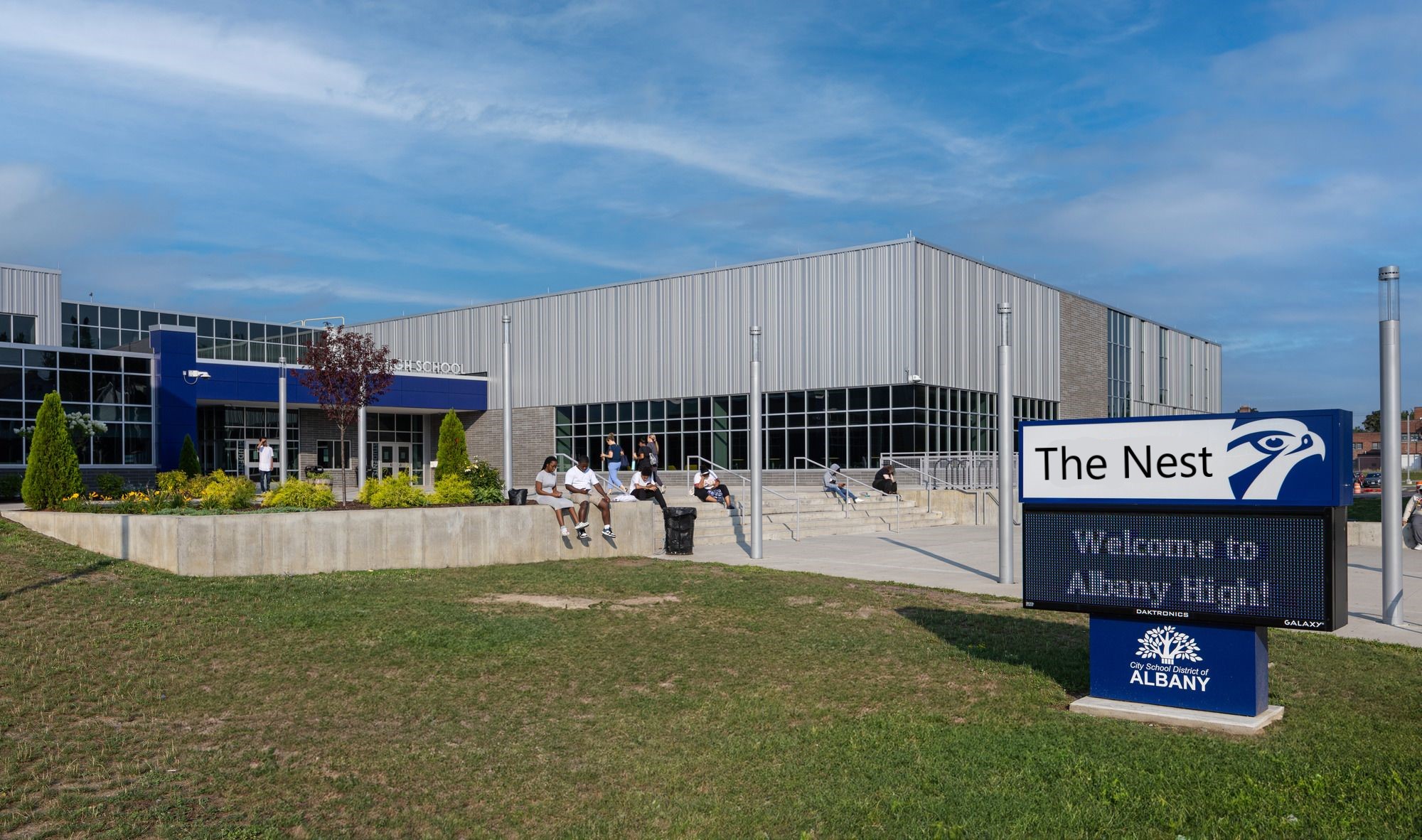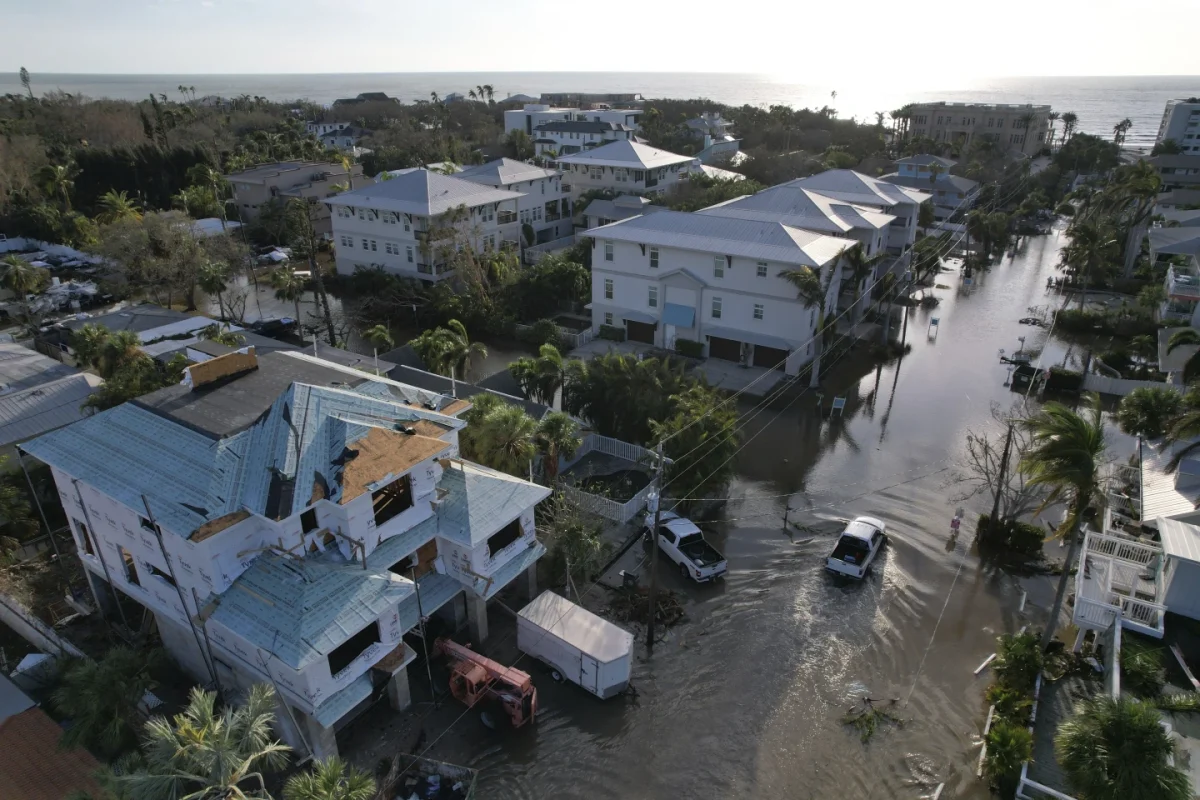As many of us saw on the news, social media, or from friends or family, hurricanes have been dismantling the East Coast and causing widespread damage affecting many families, communities, and businesses.
Many States have been affected such as Florida which has been hit with destructive hurricanes such as Hurricane Milton, Helene, and Francine. The latest having been Helene and Milton, the former was a category four that landed in Florida’s Big Bend region on September 26. Milton was a category three where it made landfall in Siesta Key, near Sarasota. The destruction from Hurricane Milton and many others will cause many families and businesses to question whether to rebuild or relocate.
As many of us see in our community, others around us face challenges from the increasing effects of climate change. According to NASA climate change is defined as a change in the average change conditions of weather patterns in local, regional, and global climates. Drastic change in the Earth’s climate has been happening from the mid-20th century to now from burning fossil fuels contributing to the rising levels of greenhouse gases.
Some climate change indicators can be rising ocean temperatures, land temperatures, extreme weather, loss of polar ice caps, etc. Climate change is heating the earth for long periods. According to NOAA’s 2023 annual climate report, the combined land and ocean temperature has increased at an average rate of 0.11 degrees Fahrenheit per decade since 1850, or about 2 degrees Fahrenheit in total. Hurricanes will strengthen from the warming of the ocean temperatures but also increase the damage and destruction they create. The increase in strength can cause catastrophic damage to communities, infrastructure, and businesses which will have long-lasting effects.
Climate change is not only impacting weather but how we live. For instance, Milton had 20 percent more rain and 10 percent stronger winds creating twice as much property damage than a storm in a cooler climate. According to the IRIS model, Milton’s type of hurricane is 40% more likely to happen in 2024 compared to pre-industrial times. These hurricanes and many more have caused us as a country to start questioning how devastating the effects of climate change are. And to question if we will have the aid to support the damage from extreme weather that impacts our country and our planet.
Climate change is irreversible but there are many ways to combat climate change and to help protect people and infrastructure. According to the Department of Homeland Security, it’s promoting technological innovation to help local, state, and tribal governments with resources to help them combat climate change’s effects. Also, the DHS enforces regulatory rules to keep illegal pollutants out of the United States. According to the United States Agency for International Development, it partners with 45 countries to help reduce emissions and transition to clean energy and help move countries to climate-positive investments to help better combat climate change.
Key steps that can help the environment are taking public transportation, walking or biking to your destination, throwing away less food, reducing, reusing, recycling, and speaking up and taking action by talking to neighbors, friends, family, and businesses in finding a way to help better the environment. Taking action can better help the environment and our planet and slow the effects of climate change.


